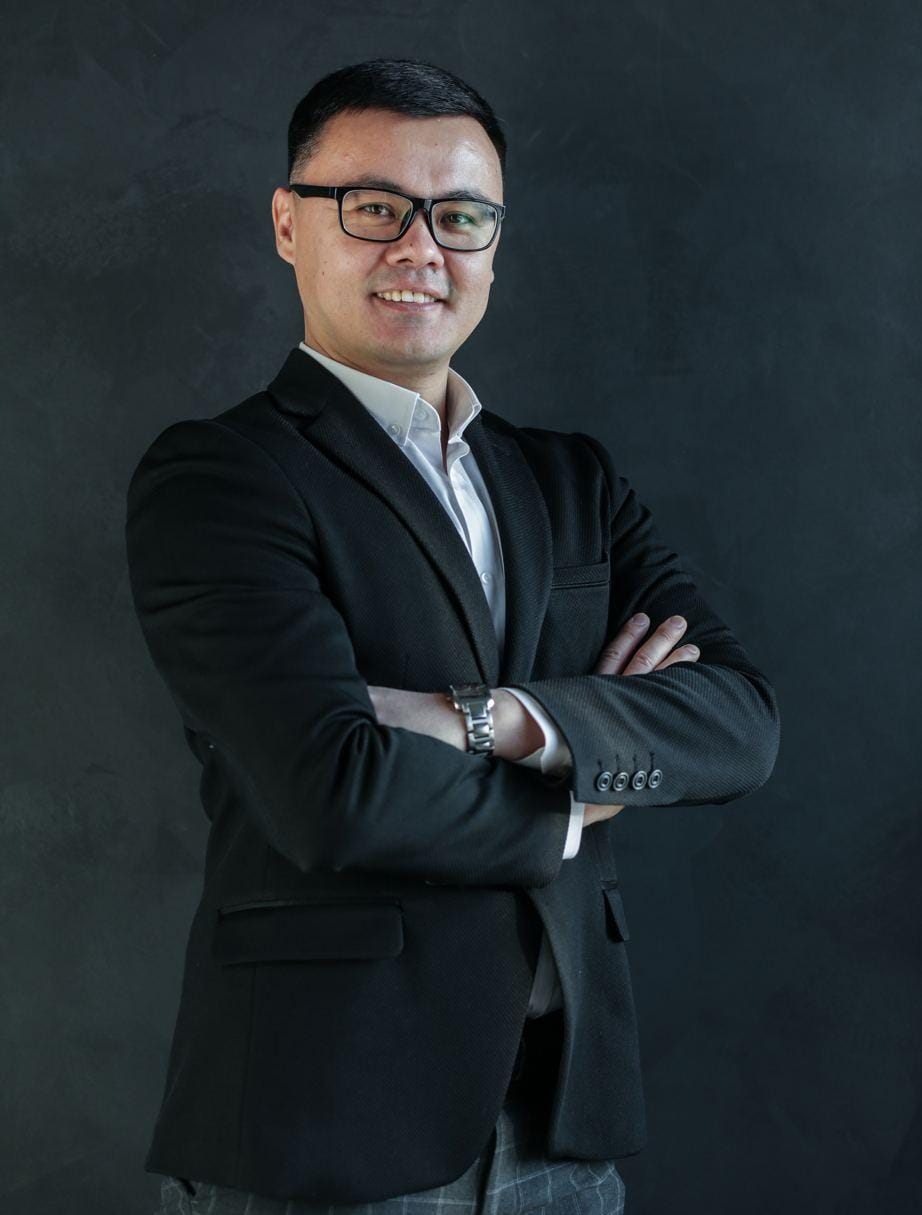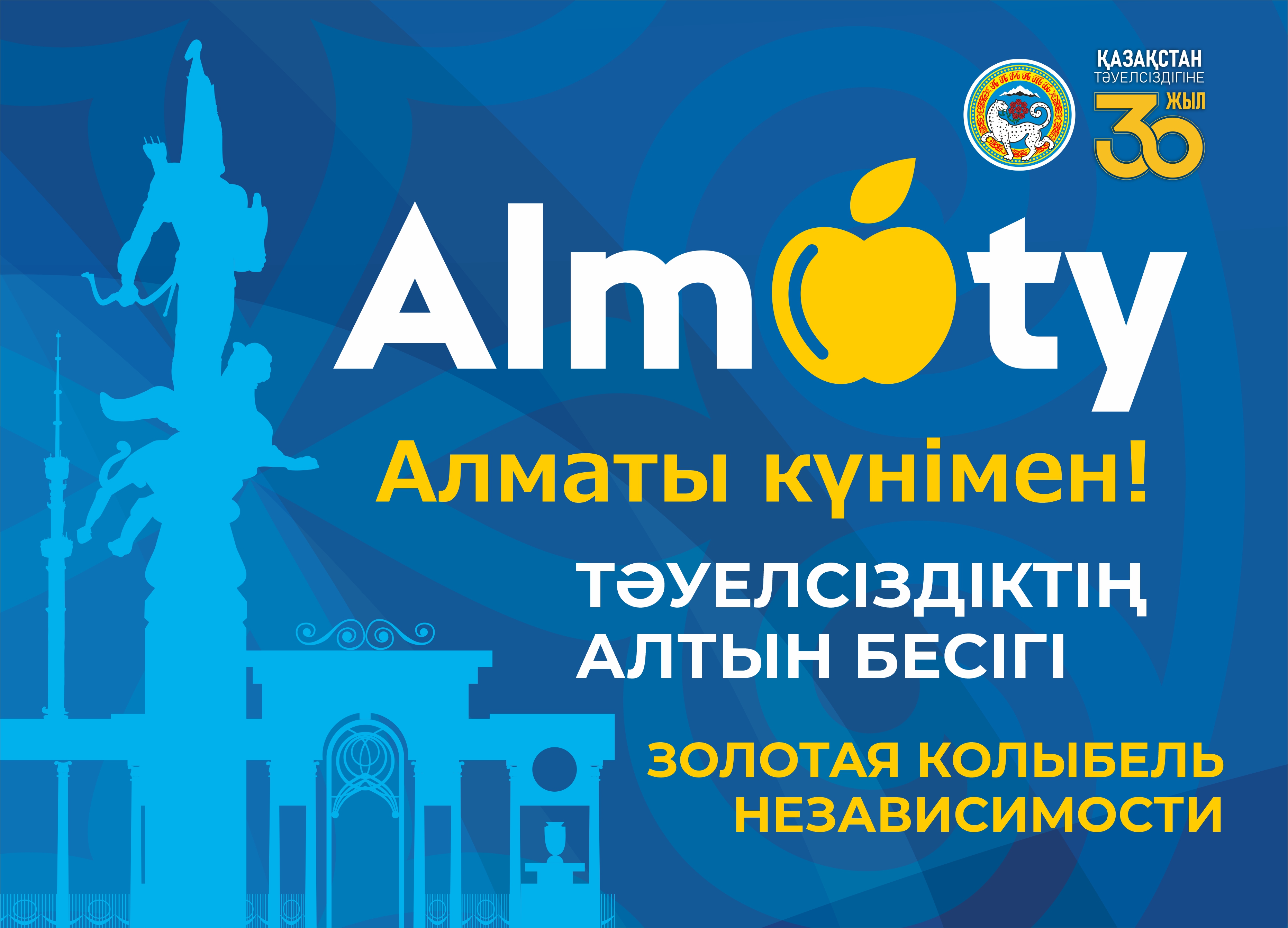Askhat Sikhimbayev, during COVID-19 lockdown learned R-programming on coursera.org

Askhat Sikhimbaeyev, Master of Engineering and Technology in Radio Engineering, Electronics and Telecommunications, Almaty University of Energy and Communications
Learn more about Coursera-2020 project in News
A dominant principle of success nowadays is continuous learning, so-called principle of ‘life-long learning’. If earlier it was enough to get a higher education and then take advanced training courses once every five years, now if a person wants to be successful, he should improve on a daily basis. Based on these beliefs, I decided that just reading forums and randomly gaining new knowledge is not quite effective, the focus is lost and there is no single programme for personal development. Accordingly, there was a need to find a platform that allows you to streamline and plan the process of professional development and obtaining new professional knowledge on a regular basis. Moreover, I had previously been registered on various EdTech platforms (Coursera, Udemy, EDX, etc.) and was familiar with the algorithms of their work. Having learned about the opportunity provided by Almaty Akimat to study on Coursera platform, I decided to take advantage of it.
During this period of time I completed training and successfully obtained certificates for 4 courses included in ‘Data Science’ specialization from Johns Hopkins University (Baltimore, USA), namely:
a) Data Scientist’s Toolbox
b) R Programming
c) Getting and cleaning data
d) Exploratory Data Analysis
In my case, since I was trained within the same specialization, I believe that it is impossible to distinguish any particular course from the point of ‘being interesting’. It was interesting to be trained in all courses without exception, because there was an ordered amount of information. So, let’s say that I took one general course with an ever-increasing level of complexity.
The acquired knowledge and skills are certainly useful for me, first of all in a professional sense. I got acquainted with capabilities of the R language, which is used to a greater extent in mathematical statistics and modeling and in working with big data. For example, as a course work in one of the courses, the authors provided a volume of data from the G-sensors of smartphones, and students had to select from the existing dataset patterns of behavior of smartphone’s owner. Using segmentation operations, visualization, and similar actions, I divided the sensor indicators into different types of user activity (running, walking, climbing / descending stairs, lying down) and distributed them by time of day. Thus, I can say that I got acquainted with lifestyle and daily routine of owners of certain smartphones in various regions of the United States. With this practical example, I would like to emphasize that the courses I took made it possible to understand algorithm of working with big data, using capabilities of a single programming language (in my case, this was R). In a professional sense, this was certainly useful for me, since I myself work in a company that develops and customizes various software and integrated solutions for business.
I would not say that there are ‘must-have’ courses. Everyone chooses based on personal needs. I have seen many of my friends took courses related to digital transformation (which is certainly a trending topic at the moment), someone took courses related to the art of sales, someone just decided to take business English. Everyone chooses the path of development based on own preferences. I consider it necessary to thank Almaty Akimat for the opportunity to get training and certifications regardless of field of activity. This was especially true during the pandemic and lockdowns.

